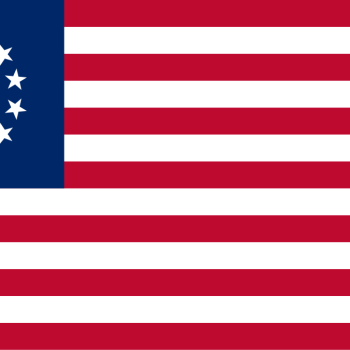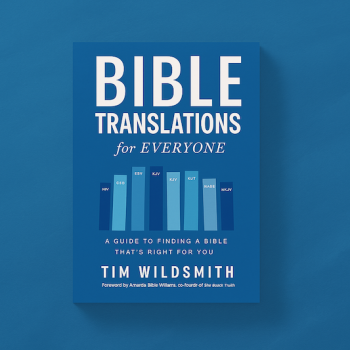In the December 2009 issue of Poetry , DH Tracy explores the difficulty that contemporary poets have in combining moral passion with aesthetic/sensual interest. Quotations from poems by Frederick Seidel and Robert Hass lead to this observation: “sensuous experiences run up and down them both, and I think it is fair to say that the aesthetic is their dominant mode, by volume. Both of them are in some doubt, though, as to whether pleasure is fundamentally meaningful, and so the... Read more



















